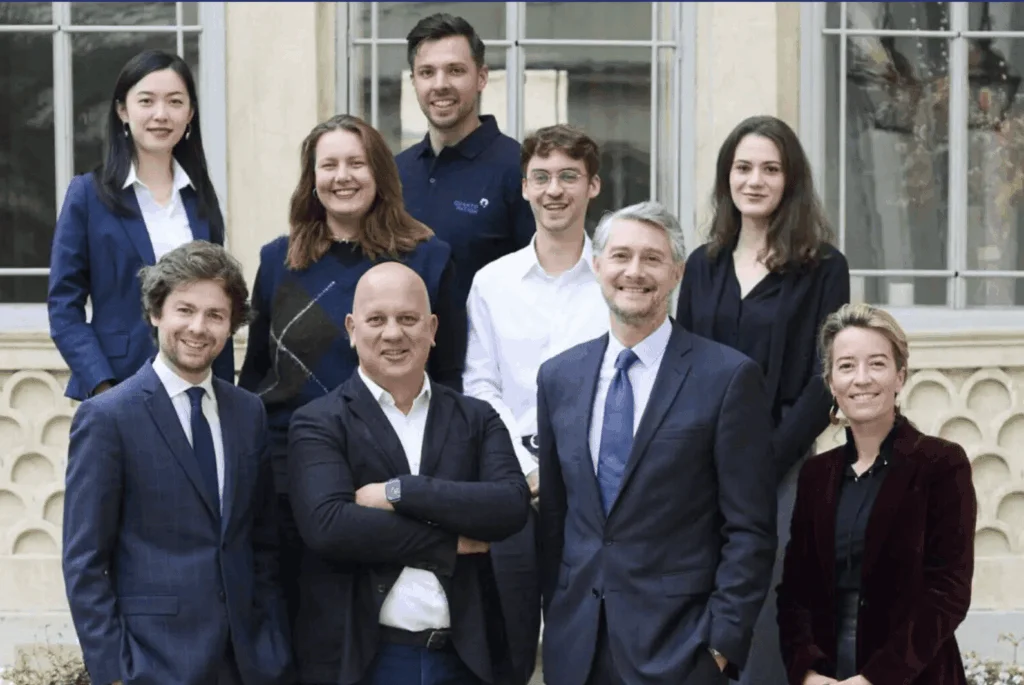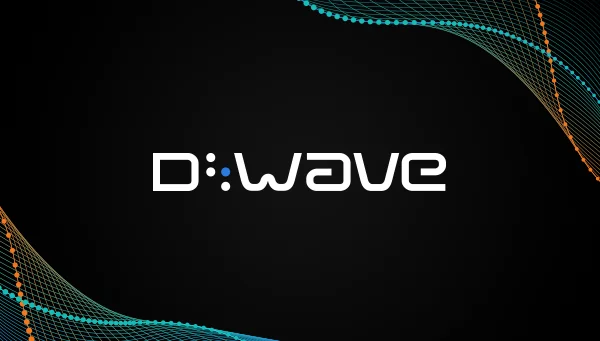- D-Wave Quantum Inc. reported mixed financial results for Q3 2024, with gains in quantum cloud revenue but an increase in net losses and operating expenses.
- Revenue from Quantum Computing as a Service (QCaaS) grew 41% year over year, driven by higher revenue per customer.
- Despite revenue growth in some areas, the company reported a net loss of $22.7 million, up 41% from last year, due to increased investments in its go-to-market strategy and rising operational costs.
D-Wave Quantum Inc., a major pioneer in commercial quantum computing, reported mixed results for its third quarter of fiscal year 2024. The company, specializing in quantum computing services and technology, saw a 41% rise in revenue for its Quantum Computing as a Service (QCaaS) segment, signaling growth in demand. However, D-Wave also posted a net loss of $22.7 million, a 41% increase from the same period last year, pointing to mounting operational costs as it ramps up its market strategy and infrastructure.
“Annealing quantum computing is continuing to drive the commercial adoption of quantum technology,” said Dr. Alan Baratz, CEO of D-Wave, in a statement. “Organizations around the world – from Vinci Energies in Europe to NTT DOCOMO in Japan – are recognizing the value our technology can bring right now in fueling new discoveries, facilitating operational excellence and driving measurable outcomes.”
The third quarter closed with $1.9 million in revenue, down 27% from last year’s third quarter, mainly due to a drop in professional services revenue. D-Wave’s QCaaS revenue, meanwhile, showed significant growth, with a total of $1.6 million, up from $1.1 million in 2023. This increase in QCaaS revenue, attributed to higher average revenue per customer, reflects steady uptake of D-Wave’s quantum solutions among industry and government clients.
Despite these gains, D-Wave’s shift in focus to QCaaS and expanded engagement with government clients has not yet offset declines in professional services. Revenue from professional services fell by 80% in Q3, dropping from $1.3 million in 2023 to $0.3 million this quarter. This reflects the timing of new engagements and a shift away from a previously significant source of income.

D-Wave is strategically expanding its footprint in quantum applications for government and research sectors. In the past year, revenue from government customers increased by 66%, and research customers by 47%, partially compensating for a 4% decline in commercial revenue, according to the report. As part of its public sector push, D-Wave recently gained “awardable” status on the U.S. Department of Defense’s Tradewinds platform, allowing it to bid on government contracts in areas like artificial intelligence and machine learning.
In the technical arena, D-Wave completed calibration of a new Advantage2 quantum processor with 4,400 qubits, a major upgrade over its previous model with 1,200 qubits, according to the report. The company claims this processor can handle larger and more complex computational problems, while enhancements like increased qubit connectivity and coherence are designed to boost processing speed and solution quality. The move represents D-Wave’s ambition to commercialize its quantum computing systems as it continues to roll out innovations.
Other business activities included a strategic partnership with Staque in the Middle East, intended to extend D-Wave’s quantum computing solutions to the region, and a new corporate partnership with the Chicago Quantum Exchange (CQE). The company writes in the statement that these alliances aim to foster collaborative advancements in materials science, logistics, and quantum research, furthering D-Wave’s influence in global quantum computing.
D-Wave’s go-to-market strategy has also been bolstered by the addition of new board members and an executive hire in human resources, aimed at supporting the company’s planned growth trajectory. The company introduced service-level agreements (SLAs) for customers of its Leap quantum cloud service, a move positioned to reassure customers of its reliability and to drive commercial adoption of its quantum and hybrid-quantum offerings.
Despite this robust strategy, the company is contending with increased operating expenses, which rose 9% to $21.7 million in Q3, mainly due to costs in personnel and professional fees. Non-GAAP adjusted operating expenses were also up, rising to $15.1 million, reflecting the company’s investment in scaling its market presence.
Net loss per share was down slightly, dropping to $0.11 per share from last year’s $0.12. D-Wave’s adjusted EBITDA loss also grew, increasing by 19% to $13.8 million, with the rise attributed to a combination of reduced revenue and higher spending.
In the first nine months of fiscal 2024, D-Wave’s year-to-date revenue reached $6.5 million, an 11% increase from the previous year. This increase was largely fueled by the QCaaS segment, which saw a 52% rise over the same period in 2023, indicating sustained demand for D-Wave’s cloud-based quantum solutions. However, the company’s bookings for the nine-month period declined 24% to $5.6 million, reflecting a decrease in new customer commitments compared to the previous year.
D-Wave ticker symbol is QBTS on the New York Stock Exchange (NYSE).
Read a more detailed account of D-Wave’s figures in this statement.















